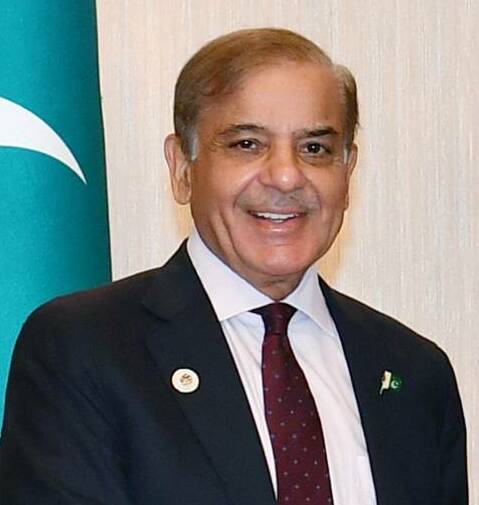Prime Minister Shehbaz Sharif condemns PTI protests, warns of severe action to prevent further economic disruptions
After days of disruption caused by the Pakistan Tehreek-e-Insaf (PTI) march on Islamabad, Prime Minister Shehbaz Sharif issued a firm pledge to end such protests. Addressing his cabinet on November 27, 2024, Sharif vowed to enforce zero tolerance for future sit-ins and marches that threaten Pakistan’s stability. He stressed that the government could no longer divert its resources and energy into quelling these disturbances, which have caused severe damage to the national economy.
The PTI protest, which lasted for several days, led to losses of around Rs 190 billion daily. The disruption affected trade, the stock market, and daily life, with businesses shuttered, workers struggling to earn, and patients unable to access medical care. Sharif criticised PTI leadership for prioritising personal gain over national interests, labelling it a “bigger crime” that would not be tolerated.
Sharif’s comments came amidst growing frustration over repeated assaults on Islamabad by political groups. He recalled the damage caused by past protests, including the 2014 PTI sit-in that postponed a major Chinese presidential visit. He pointed to similar disruptions during foreign delegations’ visits, which he said tarnished Pakistan’s international image.
Embed from Getty ImagesNoting that such political instability was unprecedented before 2014, the prime minister lamented the cycle of political unrest that has undermined Pakistan’s economic and political progress over the years. Sharif expressed determination to ensure that these disruptive tactics would no longer be allowed to hinder Pakistan’s development. “We will not let this happen again,” he declared, stressing the importance of national unity and focused governance.
Sharif also took the opportunity to reflect on Pakistan’s ongoing struggles with foreign debt, urging for introspection on why the country remained trapped in this cycle despite decades of independence.
